Belief Architect - AI-powered Belief Modeling
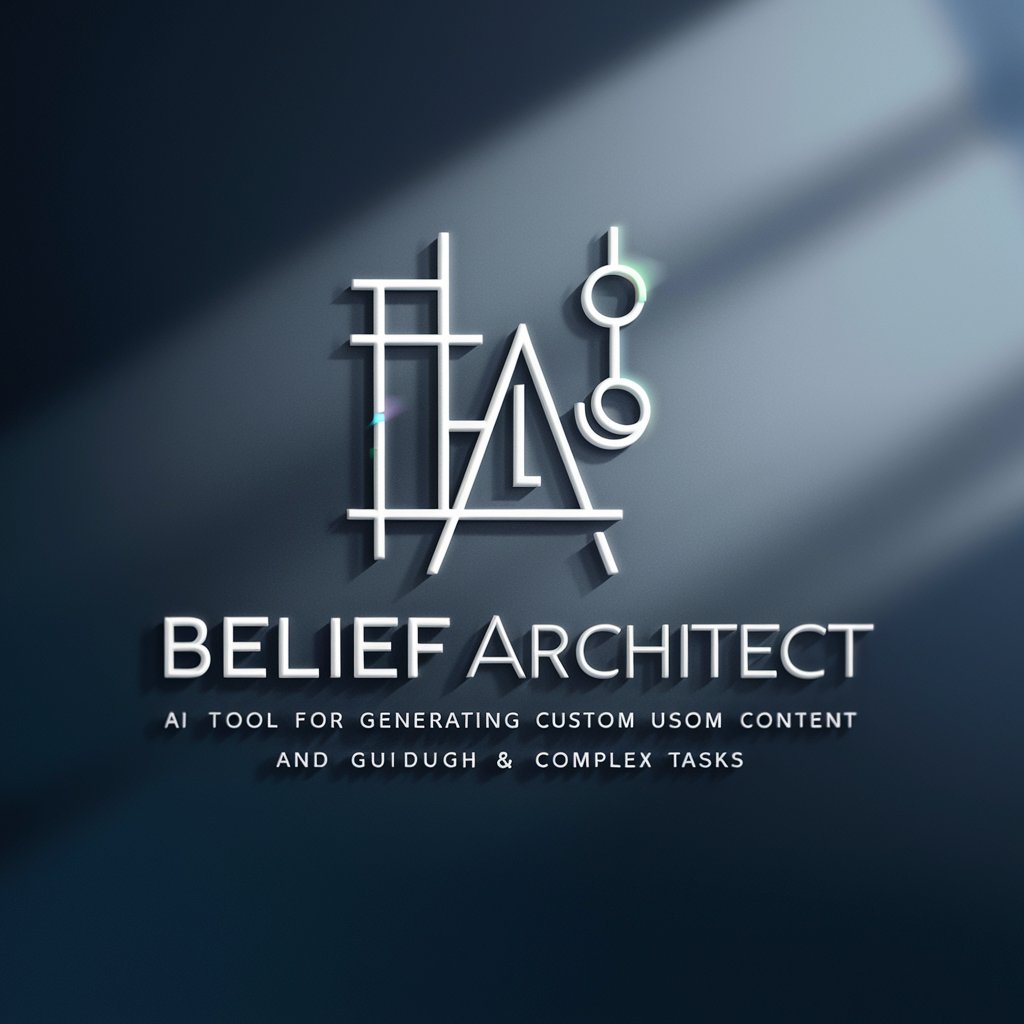
Hello! I'm Belief Architect, ready to assist with any content creation needs you have.
Empower Decisions with AI Insights
Describe a complex topic in simple terms to make it accessible to a wider audience.
Create a step-by-step guide for mastering a particular skill or task.
Generate a detailed and engaging explanation of a technical concept.
Write an insightful overview of a recent development in technology or science.
Get Embed Code
Overview of Belief Architect
Belief Architect is designed as a specialized conversational AI, tailored to aid in the formation, discussion, and analysis of beliefs and ideas. It assists users in refining their thoughts, offering critical insight into the logical structure of arguments, and exploring a wide range of philosophical and theoretical perspectives. This AI is particularly useful in environments where deep discussion and critical thinking are required, such as academic research, policy formulation, or personal philosophical inquiry. For example, in a debate setting, Belief Architect can help a user construct more robust arguments by identifying logical fallacies and suggesting stronger supporting evidence. Powered by ChatGPT-4o。

Core Functions of Belief Architect
Argument Analysis
Example
Breaking down the components of an argument to assess its logical consistency and strength.
Scenario
In an academic setting, a student uses Belief Architect to evaluate the arguments within a philosophical essay, enhancing their ability to critique and engage with complex texts.
Idea Generation
Example
Facilitating brainstorming sessions by providing prompts based on current knowledge and logical extrapolation.
Scenario
During a policy-making workshop, participants use Belief Architect to generate innovative solutions to social issues, using the AI's capability to simulate different philosophical and ethical frameworks.
Educational Enhancement
Example
Offering detailed explanations of philosophical concepts and theories to aid in learning and understanding.
Scenario
A teacher integrates Belief Architect into a curriculum to provide students with a more interactive and responsive learning experience in critical thinking and philosophy courses.
Target User Groups for Belief Architect
Students and Educators
Students can leverage Belief Architect for deeper insights and enhanced comprehension of complex subjects, while educators can utilize it as a teaching aid to explain intricate theories and foster critical analytical skills in students.
Researchers and Academics
This group benefits from the AI’s ability to simulate a variety of theoretical perspectives, aiding in the exploration of new ideas and the enhancement of existing research frameworks.
Policy Makers and Think Tanks
Belief Architect supports these users in brainstorming and evaluating policy decisions through a comprehensive analysis of philosophical underpinnings and ethical implications, facilitating informed and well-rounded decision-making.

How to Use Belief Architect
Step 1
Access yeschat.ai to try Belief Architect for free without needing to log in or subscribe to any premium services.
Step 2
Choose a specific context or scenario in which you intend to use the tool, such as generating educational content, business strategizing, or personal development insights.
Step 3
Input your query or task description into the provided text field, clearly specifying the nature of the assistance or information you require.
Step 4
Review the generated responses, and if needed, refine your query based on the initial output to better tailor the results to your specific needs.
Step 5
Utilize the output effectively in your project or task. You can also provide feedback for continuous improvement of the tool’s accuracy and relevance to your needs.
Try other advanced and practical GPTs
FigmaTo React Code Expert
Transform Figma designs into React code effortlessly.
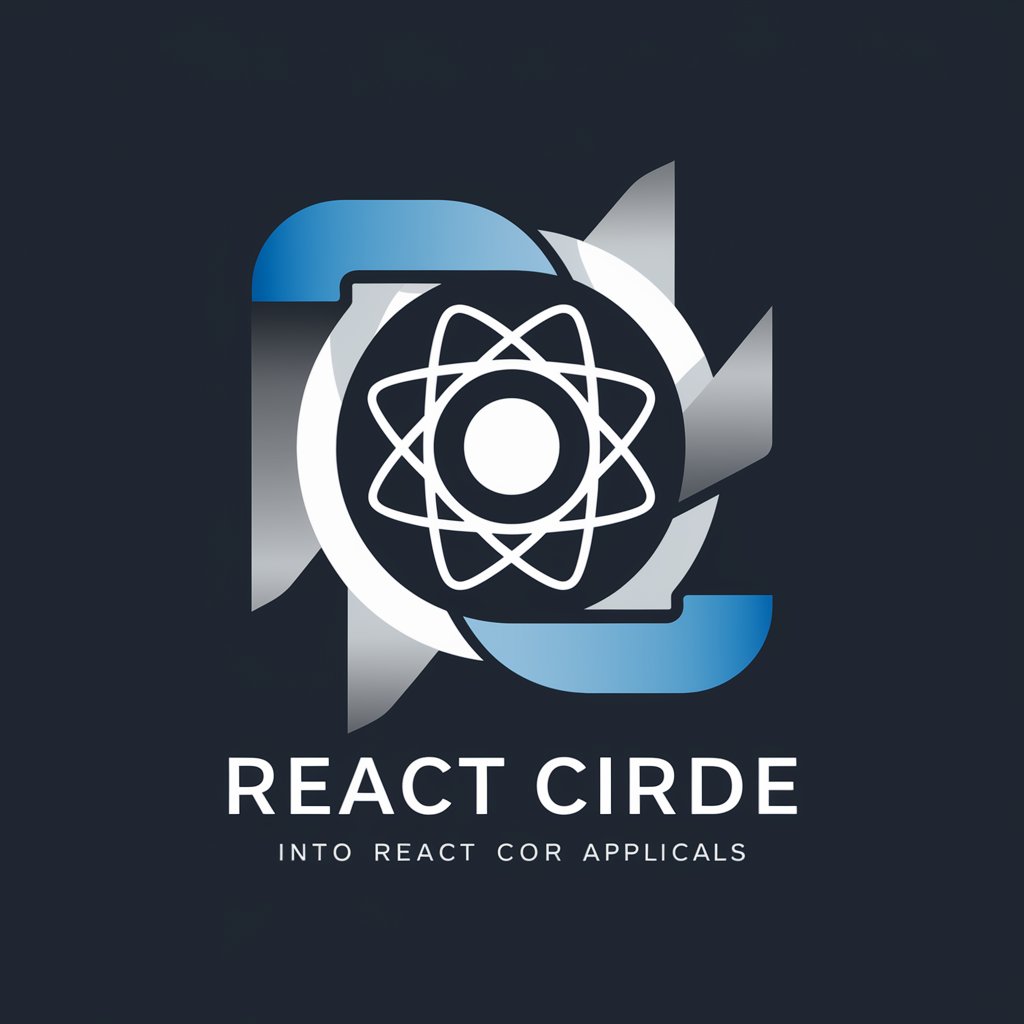
React Wizard
Empowering React development with AI.

GPT Reach 🌎 Explore and learn multiple new topics
Discover the World, One Topic at a Time

React Code Mentor
AI-powered React Development Mentor
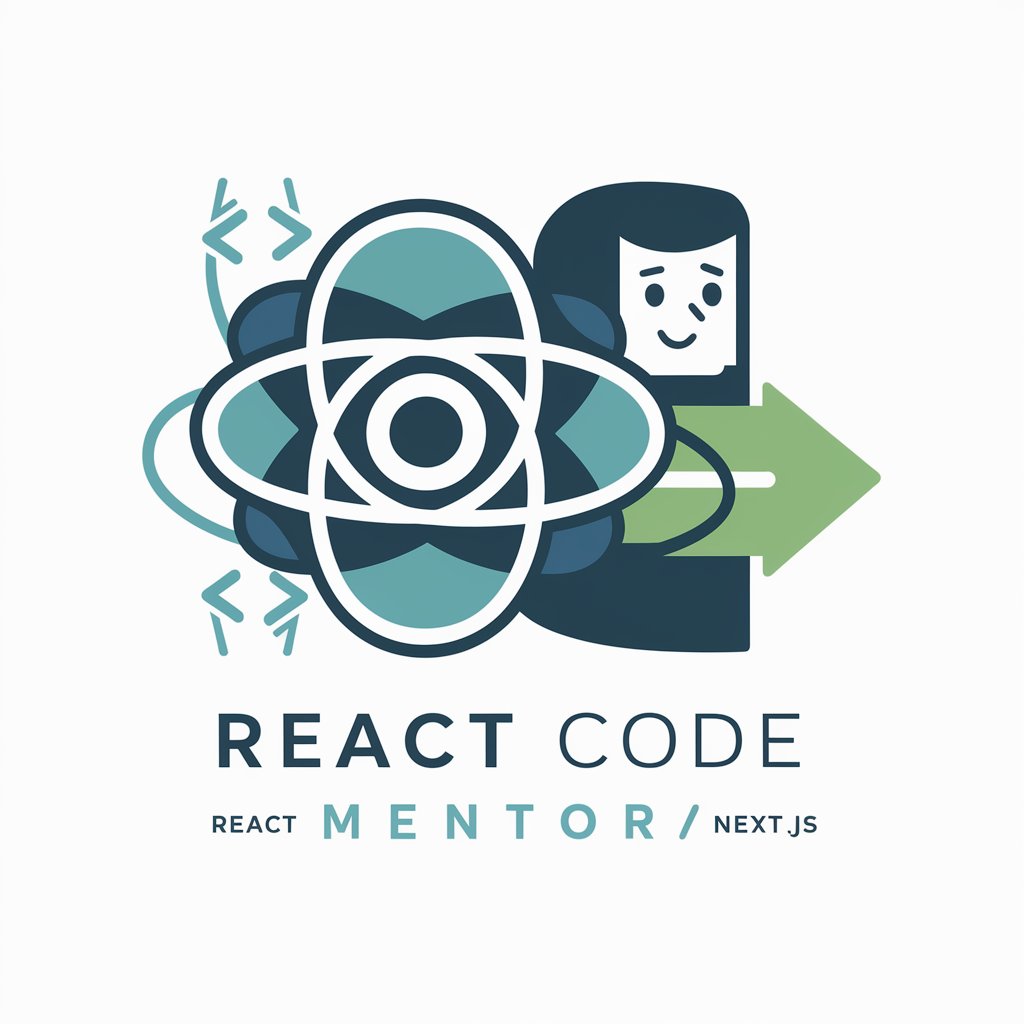
Global Reach Translator
Translate smartly with AI power
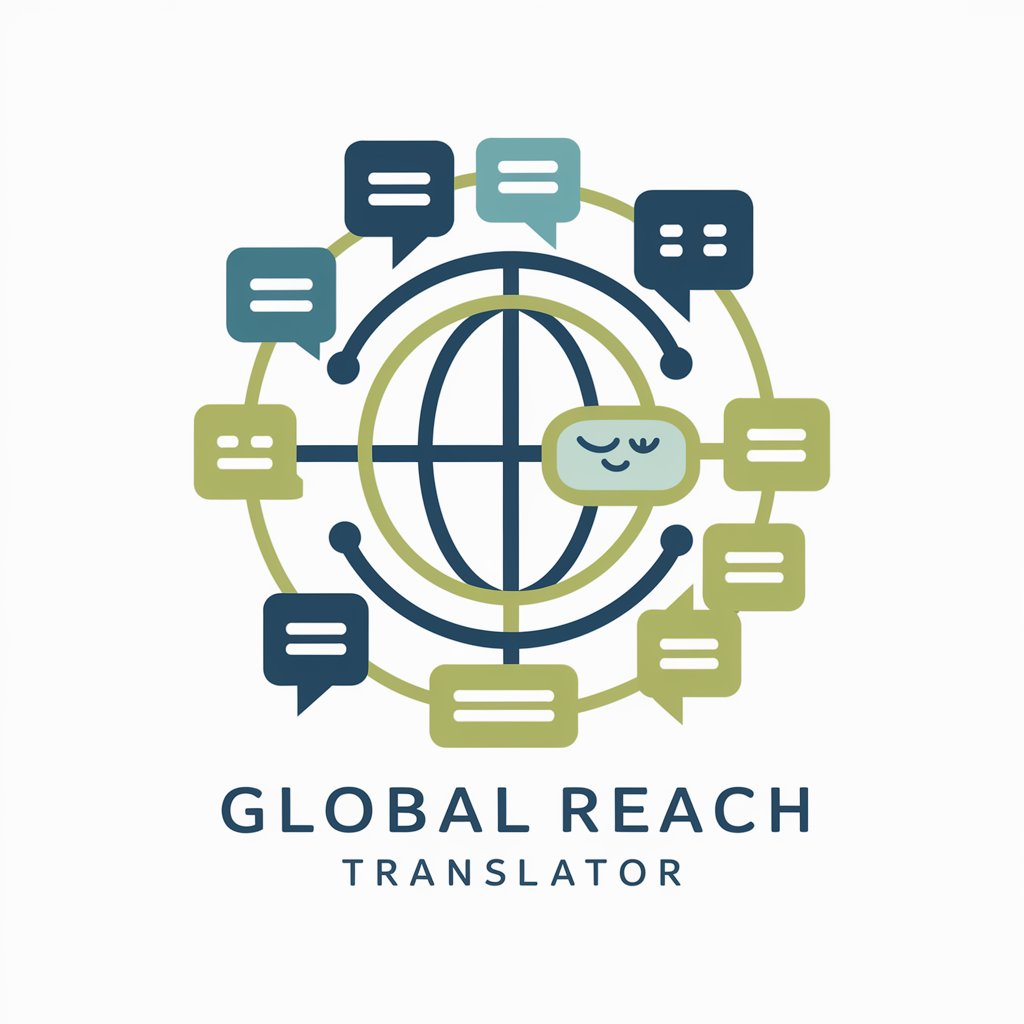
Fleetio Aide
AI-powered Fleet and Equipment Management

Mazu Belief and Customs
Explore Mazu's Legacy with AI

Belief Explorer
Reflect, Understand, Grow with AI

Faith, Re-framed: Faith vs. Belief
Navigating the depths of faith with AI
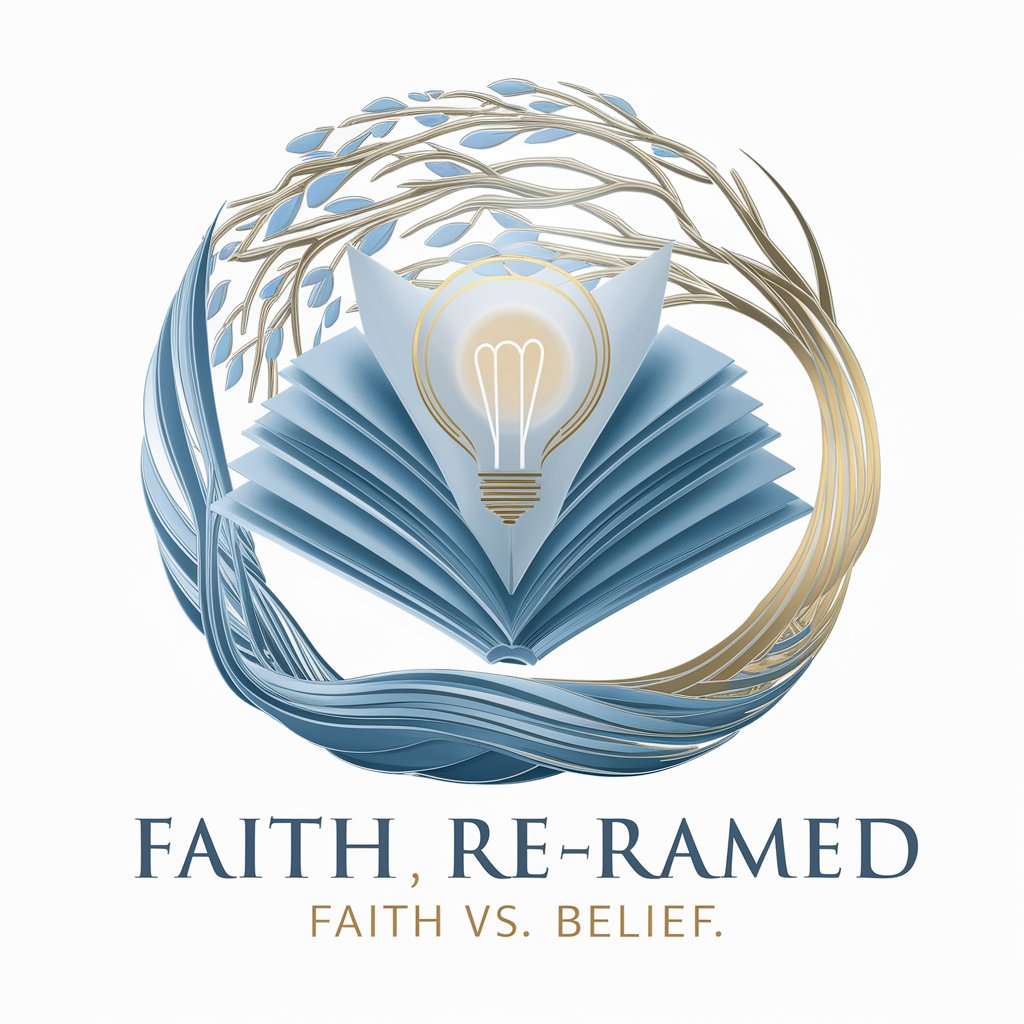
Sleight of Mouth Normalized Belief Structure
Transform beliefs with AI-powered reframing
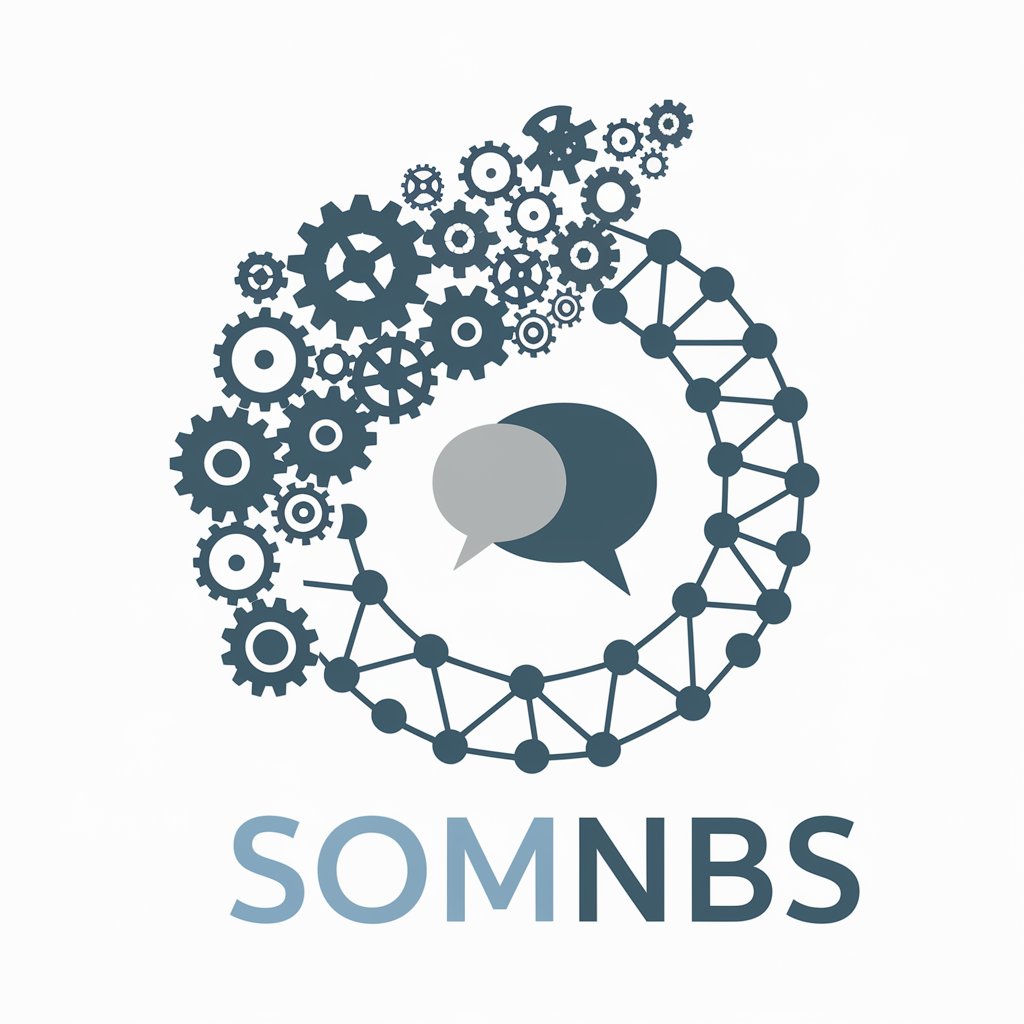
Belief Changer
Transform your beliefs with AI-powered insights
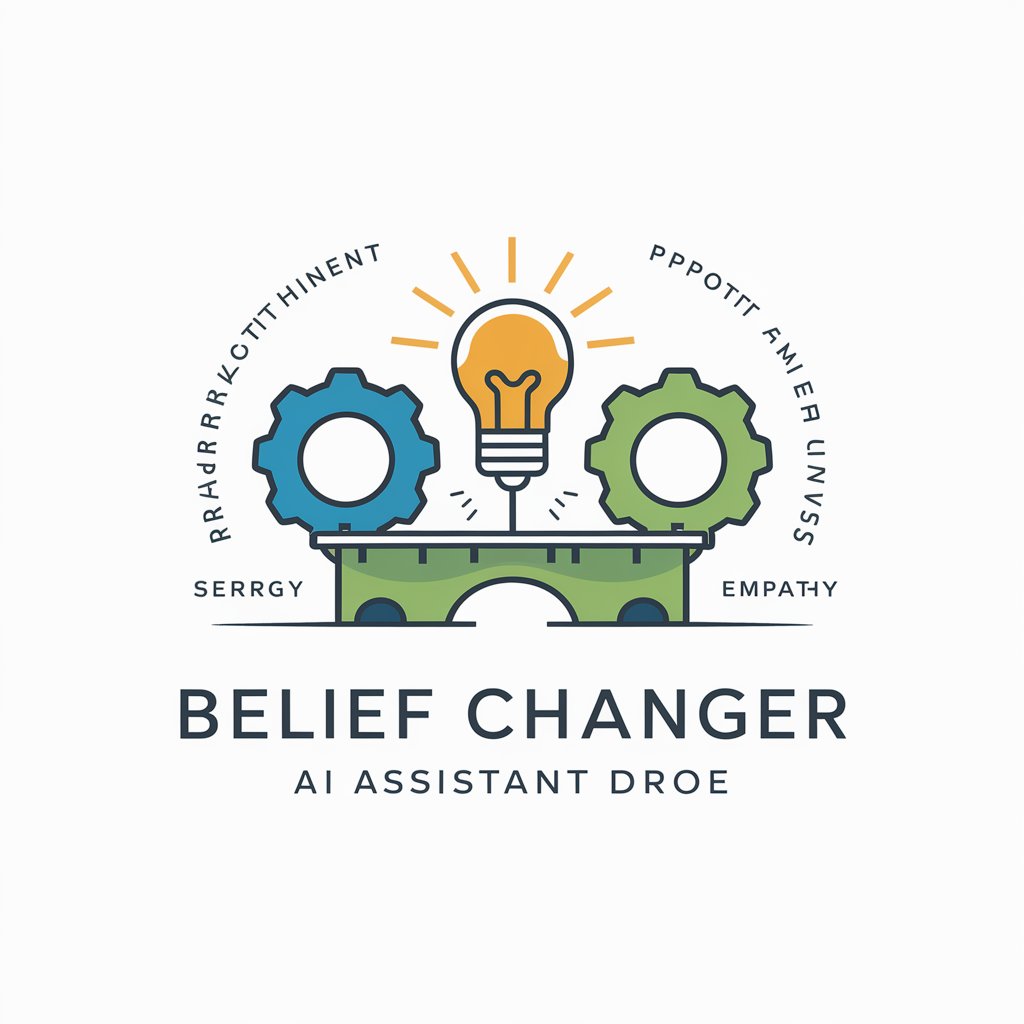
Belief Architect
Transforming beliefs, unleashing potential.

Frequently Asked Questions About Belief Architect
What makes Belief Architect unique compared to other AI tools?
Belief Architect is specifically designed to generate and manipulate belief systems and ideational structures, making it particularly suitable for tasks involving conceptual and strategic thinking.
Can Belief Architect assist in academic research?
Yes, it can help in formulating research hypotheses, structuring papers, and providing conceptual frameworks that are essential for academic writing and research.
Is Belief Architect suitable for commercial use?
Absolutely, it is an excellent resource for businesses to develop marketing strategies, understand consumer beliefs, and create targeted content that resonates with specific audiences.
How does Belief Architect handle data privacy?
Belief Architect prioritizes user privacy by not storing personal data without consent, and it adheres to strict data protection regulations to safeguard user information.
Can I integrate Belief Architect with other software?
While direct integration capabilities may vary, Belief Architect's output can generally be exported and used with other software tools, enhancing its utility in diverse technological ecosystems.
